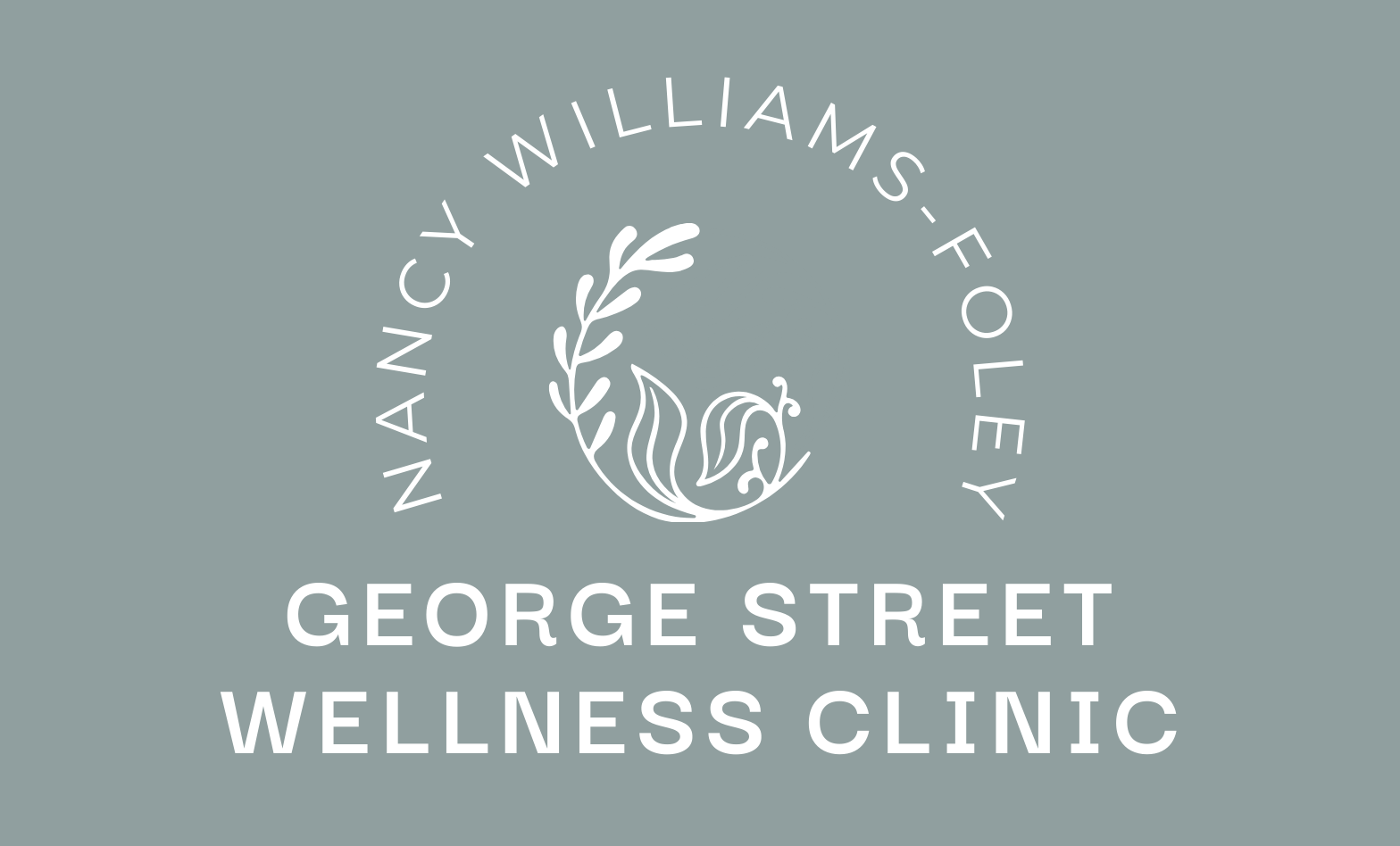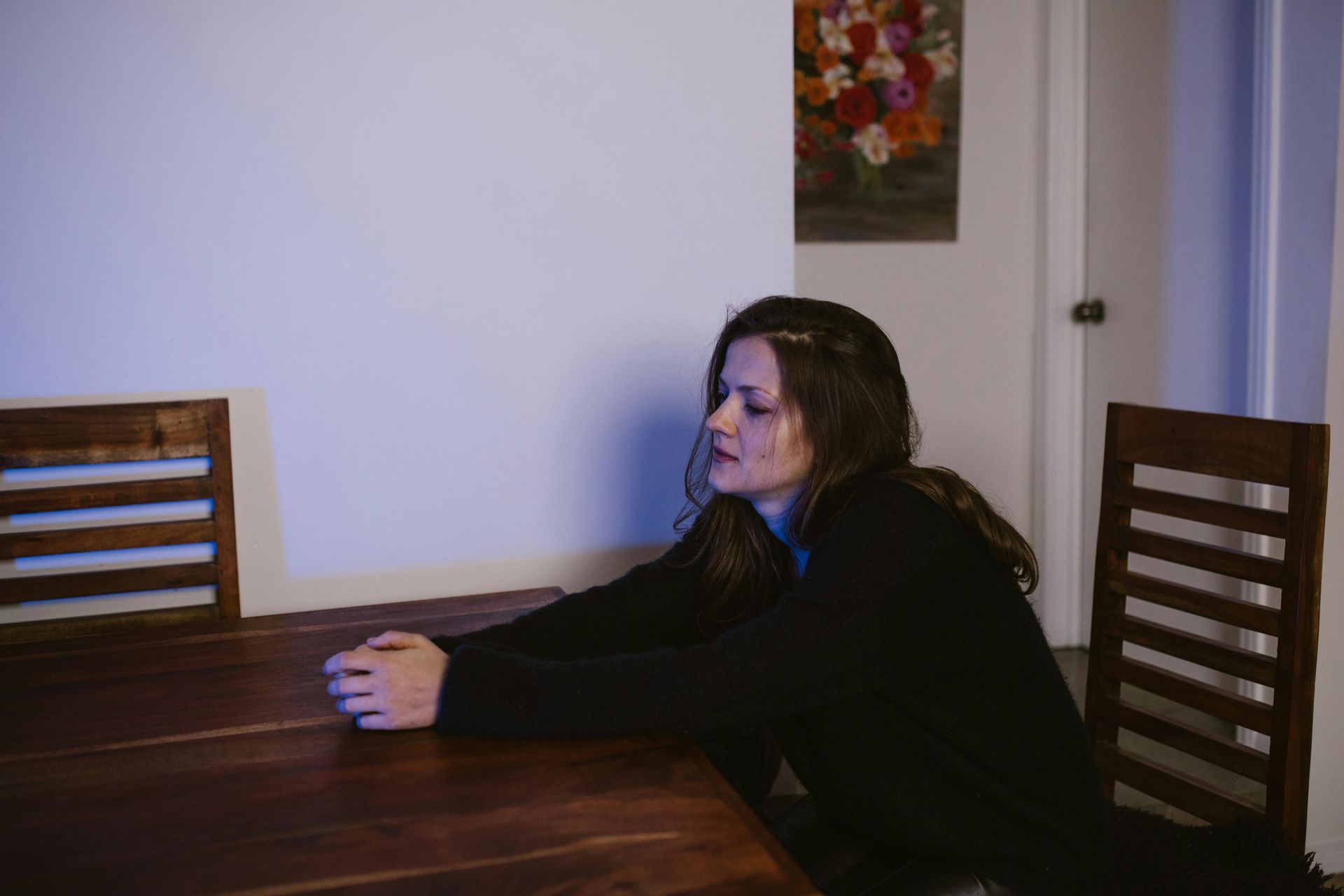EFT Tapping in Edinburgh: Can It Really Help with Anxiety and Overthinking?
Last week a client said to me, “I just want to switch my brain off for five minutes.”
She wasn’t talking about anything dramatic - just the constant replay of conversations, the endless “what ifs,” the nagging feeling that she was missing something. Anxiety, for her, didn’t show up as panic attacks. It showed up as overthinking everything.
This is really very common. And this is exactly where EFT (Emotional Freedom Technique), sometimes called “tapping,” can help.
The Strange-Looking Technique That Actually Works
At first glance, EFT can look unusual: tapping with your fingertips on specific points of your face and body while you talk about what’s on your mind.
Most people’s first reaction? “Really? This is meant to help?”
But once they try it, the response is different. They notice their shoulders drop. Their breath deepens. The loop of anxious thoughts starts to lose its grip.
That’s because EFT isn’t about thinking your way out of anxiety. It’s about helping your body feel safe again and when the body calms, the mind follows.
Why Anxiety Feels So Stuck
If you’ve lived with anxiety, you’ll know it’s not always rational. You can tell yourself you’re safe, list all the reasons there’s nothing to worry about and still feel on edge.
That’s because anxiety isn’t just in your head. It lives in your nervous system. Your body remembers what it feels like to be on high alert and it gets stuck there.
EFT helps by giving the body a way to release that pattern, not just talk about it.
A Session in Real Life
Here in my Edinburgh clinic, an EFT session might begin with you saying something as simple as, “I can’t stop thinking about work,” or “I feel anxious all the time.”
From there, we tap gently on the acupressure points while repeating short phrases that match what you’re feeling. Things like:
- “Even though I feel this anxiety, I’m safe right now.”
- “Even though my thoughts won’t stop, I accept how I feel.”
It’s not about positive affirmations or forcing yourself to change. It’s about meeting yourself where you are.
Often, by the end of a session, people feel lighter, calmer, or more grounded - surprised that something so simple could have such a big impact.
Does It Last?
One of the common questions I hear is, “But does EFT really last, or will I just feel good for an hour?”
The answer is that it depends. For some people, a single session can shift a very specific worry. For others, especially if anxiety has been part of their life for years, a series of sessions helps to gently unravel the deeper layers.
The good news is that EFT is a skill you can take with you. Once you’ve learned the tapping points, you can use them anytime - whether you’re lying awake at night or sitting in the car before a meeting.
Why EFT Might Be the Missing Piece
Clients often come to me after trying everything else. They’ve done counselling, read the self-help books, tried meditation apps. Those things help - but the overthinking doesn’t stop.
That’s because talking works on the mind. EFT works on the body-mind connection. And for many people, that’s the missing link.
If you’ve ever thought, “I understand my anxiety, but I still feel it,” EFT could be worth exploring.
A Gentle Way Forward
If you’re curious about
EFT, you don’t have to commit to anything big. You can start with a single session, see how it feels and decide from there. For more information on EFT please click here.












